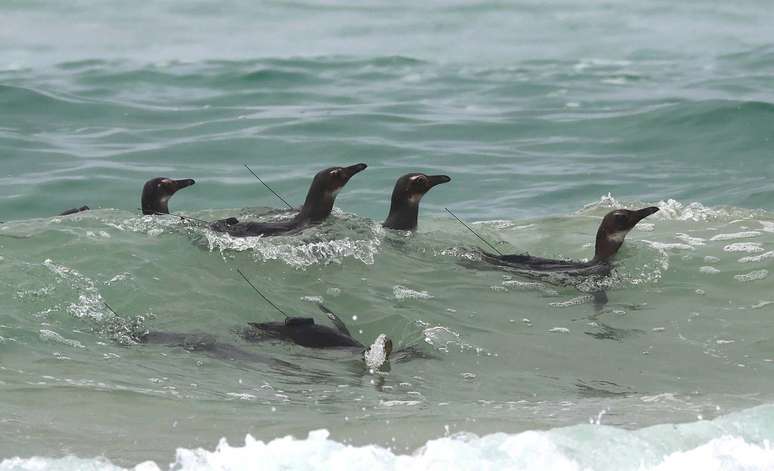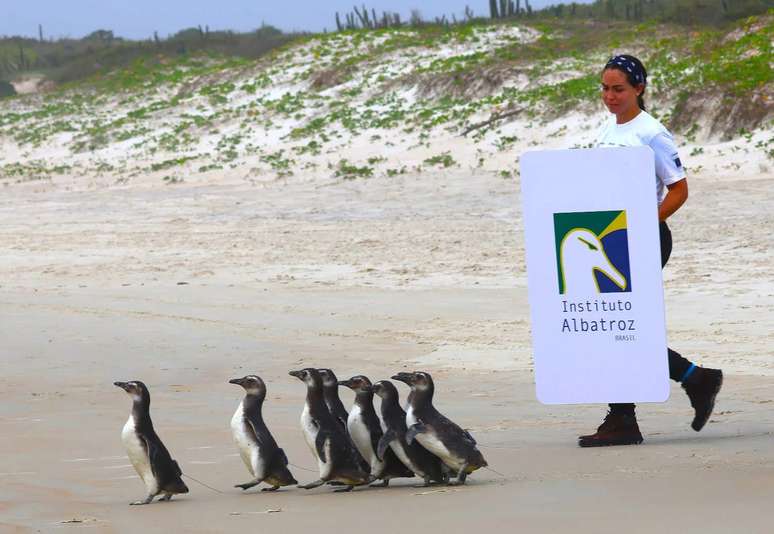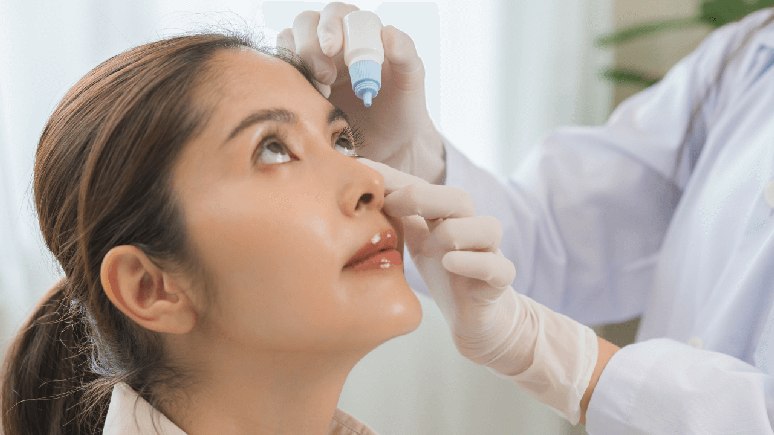The group was made up of eight Magellanic penguins, originally from Patagonia […]
After four months of activity of the Albatroz Institute together with the PMP (Beach Monitoring Project), the Lagos region saw the release of the first group of penguins rehabilitated by the institute this season, in Cabo Frio (RJ).
The event took place last Wednesday (9/10), when a group of eight Magellanic penguins returned to the sea on the beach of Pontal do Peró, in Cabo Frio. Being gregarious animals, birds should always be released in groups.
“It’s a unique moment. That’s why we brought together almost all of our employees to participate in the action on Peró beach,” praised veterinarian Daphne Goldberg, the institution’s technical director.
Since July, the Instituto Albatroz team has been saving and rehabilitating penguins in the region of Cabo Frio, Búzios and part of Arraial do Cabo, involving professionals such as biologists, veterinarians, breeders and field observers.
As Daphne explained, in a note sent to Travel by fareMagellanic penguins leave their breeding colonies in Argentine Patagonia during the autumn and winter months in search of food in warmer waters. Therefore, in this period, these animals arrive on the coasts of Brazil, mainly in the southern and southeastern regions.
However, after a long journey, these animals, often young and inexperienced, end up abandoned, weak and exhausted, on Brazilian beaches. One of the biggest traps for penguins is fishing gear and marine pollution.
Therefore, if the animal is swimming and you see one, do not take it out of the water or put it in a corner, because it may simply rest closer to the sandbar.
If it is on the sand, do not return it to the sea or feed it.

Contrary to what many people think, the Magellanic penguin is a species that lives in milder climates, so don’t put it in ice or in a bucket of water, because it arrives in our region very cold.
Most of the rescued penguins arrive at the Albatroz Institute’s Rehabilitation and Depetrolization Center (CRD) in critical condition, showing significant emaciation, hypothermia and weakness.
During the recovery phase, animals undergo the rehabilitation process, which includes the administration of fluids, heat therapy and a diet specifically formulated to meet their nutritional needs. Laboratory and imaging tests are carried out to monitor the recovery of the animals, whose intensive regime allows for a weight gain of up to 60% during the treatment period.
Before their release into the natural habitat, microchips are implanted under the skin for long-term monitoring and studies on their migration and health.
When you see marine animals on the sandbar, alive or dead, contact the Beach Monitoring Project team immediately (tel: 0800 991 4800).
Source: Terra
Ben Stock is a lifestyle journalist and author at Gossipify. He writes about topics such as health, wellness, travel, food and home decor. He provides practical advice and inspiration to improve well-being, keeps readers up to date with latest lifestyle news and trends, known for his engaging writing style, in-depth analysis and unique perspectives.




![Un Si Grand Soleil preview: Thursday 16 October 2025 episode recap [SPOILERS] Un Si Grand Soleil preview: Thursday 16 October 2025 episode recap [SPOILERS]](https://fr.web.img6.acsta.net/img/23/e8/23e803cee5b560481303033f6e86fd7e.jpg)



